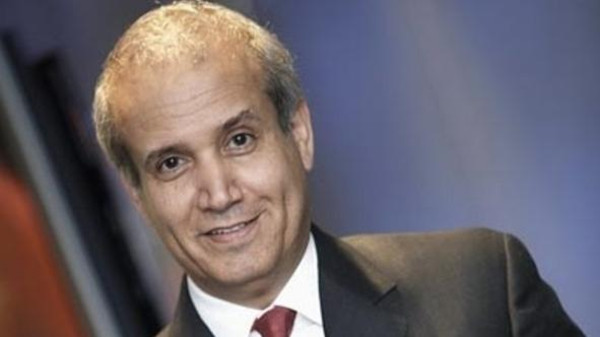There are no quick fixes, or science-capsules that can be given to students and don’t even expect a renaissance before two generations have vanished. Despite all depressing advices and the warnings of people with good intentions, we must not surrender to them or to the current educational system that failed to change through decades.
Even amid the setbacks like the shrinkage in oil resources, I believe the train of change should arrive and transport the generations into new destinations and the society to a better world.
Without rushing and concentrating, the current development projects will remain incapable of reaching the anticipated stage.
The positive thing now is that there aren’t many who doubt that developing education is the solution; especially after all the voices arguing against the change had been abolished.
For countries with high population density like Saudi Arabia, Morocco and Egypt, actually all countries of the region, education is moving slower than the social advancement we witness among the youth. It is clear that education is not meeting their skills and personal abilities.
And because I closely followed the difficulties of education in Saudi Arabia, I was able to detect the increasing gap between the student, the teacher, and the curriculum amid the technical control over the lives of humans. We see an underdeveloped education system and a generation of youth capable of mastering the modern education.
With the new “Vision”, we witness an attempt to climb the walls of education and its government institutions through the expansion of the private education, which includes the introduction of international educational institutions.
This is a good strategy to overcome the source of the problem, but it gives the impression that change will be slow and rushed programs to make a change can’t be done or implemented on a wider range.
Because of the difficult current state, rushing the development of education should be a priority, and educational institutional should be encouraged so that the society can surpass time.
This could be possible through introduction of modern techniques, learn from successful trials, focus on positive change of curriculums, increase the efficiency of teachers through intensive programs, link between the educational system and the market, and insist on the use of methods to determine failure and success.
A renaissance project first of all needs a good qualitative educational system, despite low incomes and the pressure of reforms.
Can universities specialize in more specific sciences for definite jobs to become more serious, like the case of King Fahd University of Petroleum and Minerals?
Can a huge university like Princess Nourah bint Abdulrahman University be directed towards technical and medical majors so that its graduates find job opportunities in a sector that lacks personnel?
We no longer witness the same opposition for educational reform that used to consider it as a westernizing goal. This opposition was part of all the campaigns against any change and part of a group of people who want to control the society, so that it doesn’t change through education.
The ideas presented were silly and naïve and didn’t realize that change and development is part of life. They are aware now that what they have been doing had caused unemployment.
Luckily, the society is moving forward. There are about 50 million cell phones that provide their users with education outside schools. This is a clear time difference between the guards of the old educational system and the children of today.
The goal here is to motivate everyone to support the need for a quick change in education through developing and updating. No matter the failures that happen during the development stage, there are no fears of losing gains, because no one should feel sorry for the loss of a terrible educational system.
